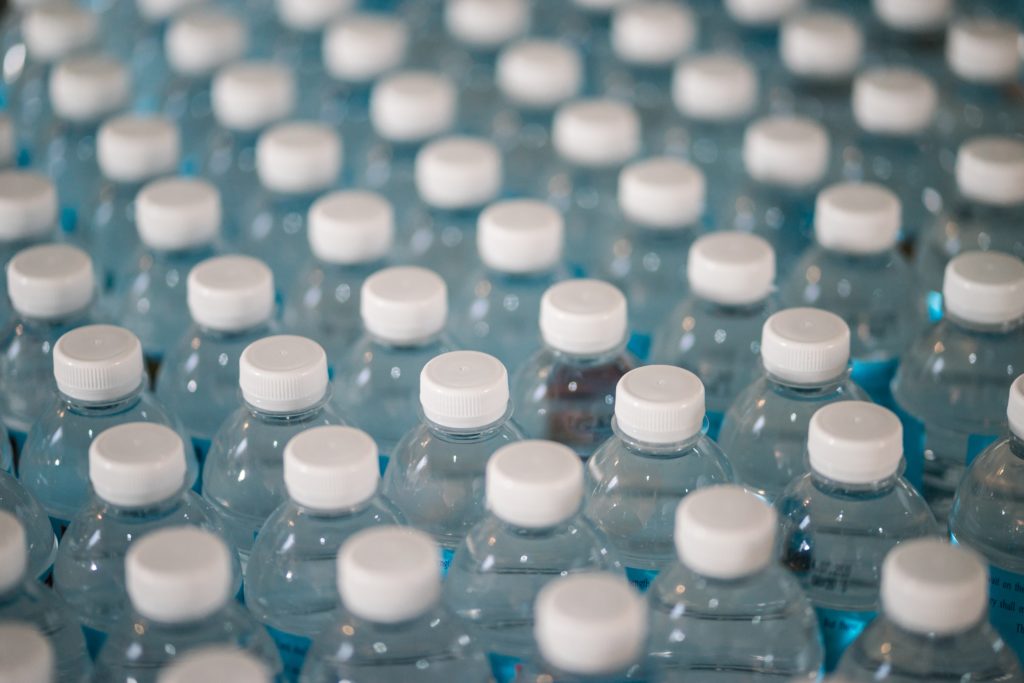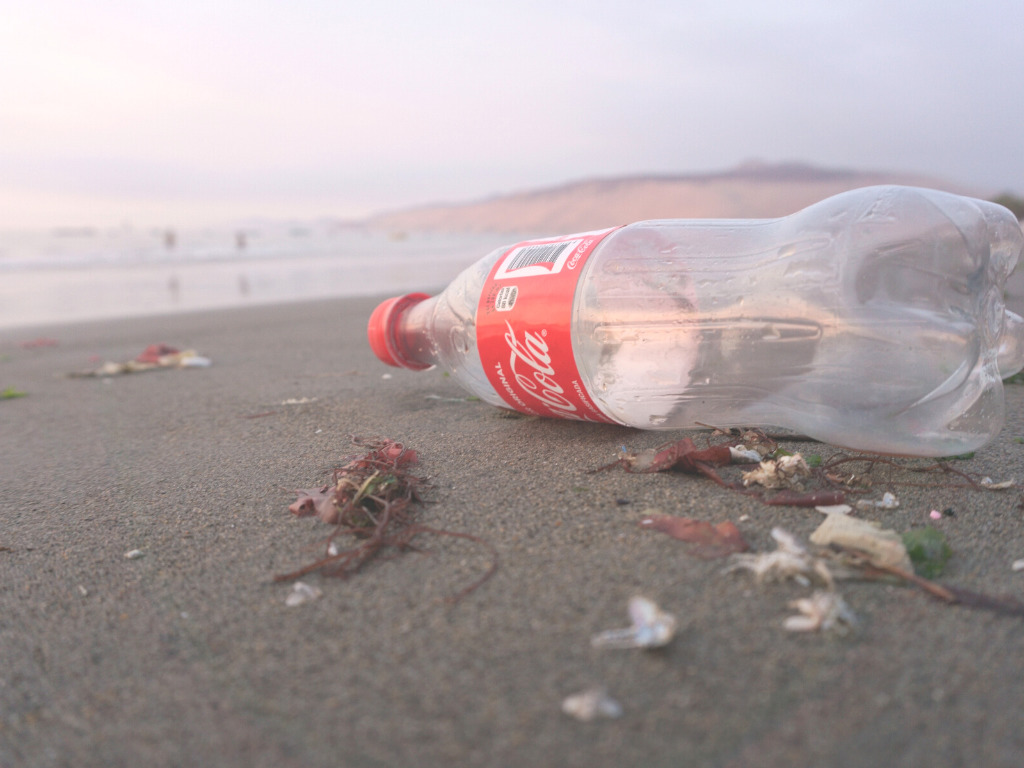California Sets a Precedent With the Nation’s Toughest Plastic Pollution Legislation
3 Mins Read
Aggressive new California legislation passed and signed into law by Governor Gavin Newsom will help the state dramatically cut down on its single-use plastic over the next decade. And, it hopes, set a new precedent for the rest of the country.
Under the newly passed legislation, California will boost its recycling efforts as well as force manufacturers to cut down on their plastic and single-use products over the next decade.
“We’re ruining the planet and we’ve got to change it,” said Democratic Sen. Bob Hertzberg, before voting in favor of the bill.
Reducing plastic use
Within the next five years, plastic producers in the state will be required to reduce plastic by ten percent. That number jumps to 25 percent by 2032. The state is also aiming for a 65 percent recycling rate within a decade, not including plastic bottles, which fall under separate recycling rules.
Currently, fewer than 15 percent of single-use plastic items in the state are recycled. As low as that number is, it’s more than double the national average.

The battle to tackle plastic waste has been raging for years, with bans and surcharges on items such as grocery bags and plastic straws commonplace. But plastic is still widespread in household and food items as well as packaging and shipping materials.
While not a perfect response to the issue, California lawmakers and Governor Newsom say they hope the legislation will set a precedent for other states to follow.
Democratic Sen. Ben Allen of Santa Monica called the legislation a, “strong, meaningful compromise that will put California at the forefront of addressing a major global problem.”
But the plastic industry is pushing back, stating that it unfairly caps how much post-consumer recycled plastic can be used in order to meet the 25 percent rule slated for 2032. The industry says it also limits the ability to develop new recycling technologies. The legislation bans incinerating or combustion of plastic, but includes chemical recycling efforts, among others.
Plastic pollution
Under the legislation, plastic producers in the state will form an industry group to tackle the new requirements, which will be overseen by California’s recycling department. Similar to measures in Colorado, Maine, and Oregon, the group will be in charge of collecting $500 million per year from plastic producers to put into a fund aimed at cleaning up plastic pollution across the state.

Plastic is a leading cause of ocean pollution that poisons wildlife and affects the pH levels, a contributing factor to ocean acidification and coral die-off, among other issues. For the first time recently, a study found microplastics in the arctic that the researchers say could be the beginning of a new plastic garbage patch. The largest known plastic-filled region is off the coast of California.



